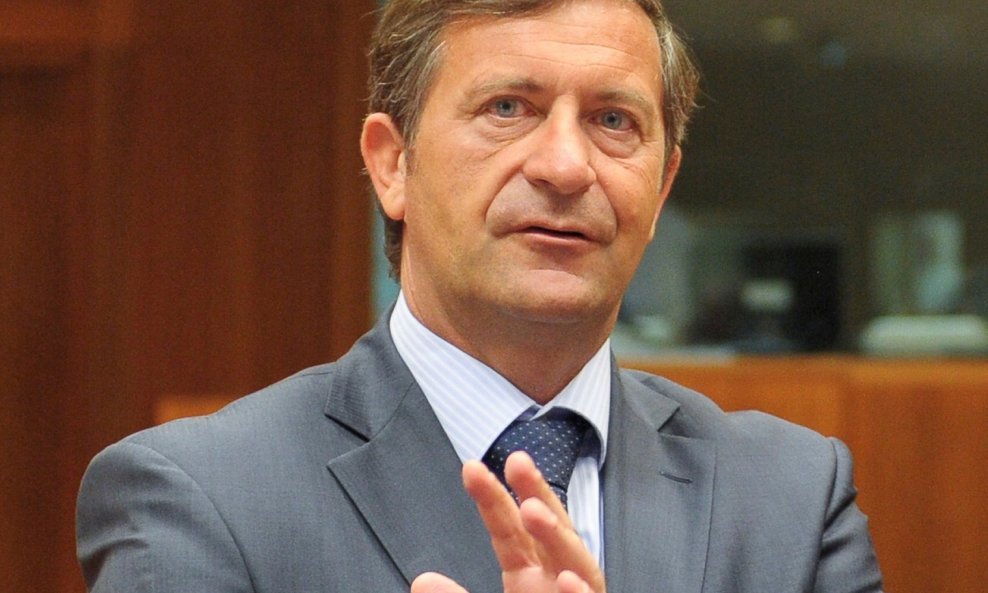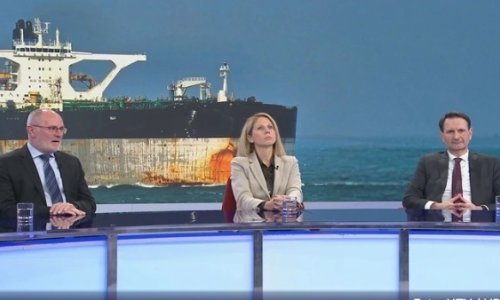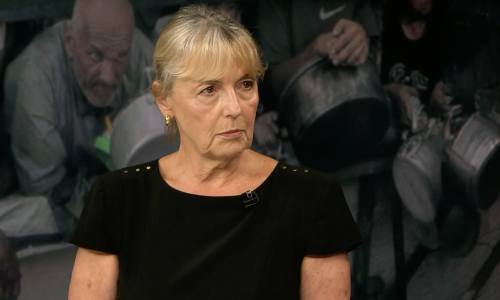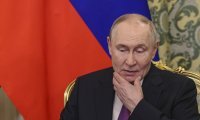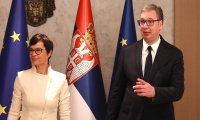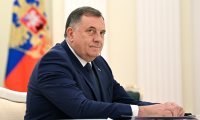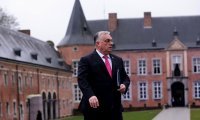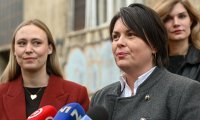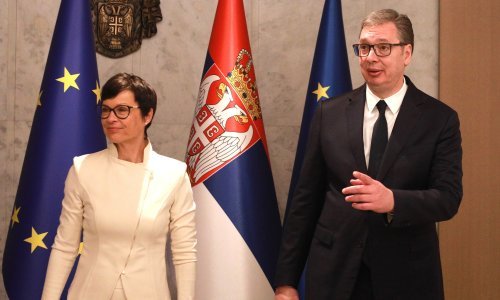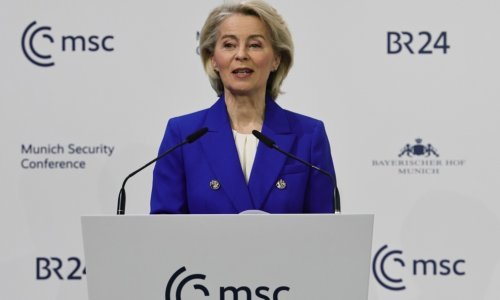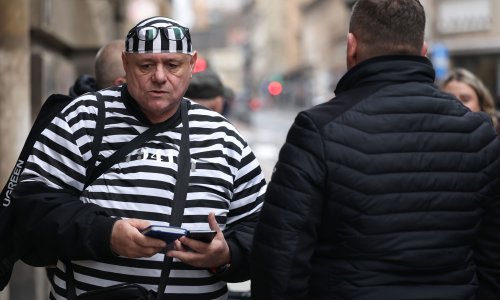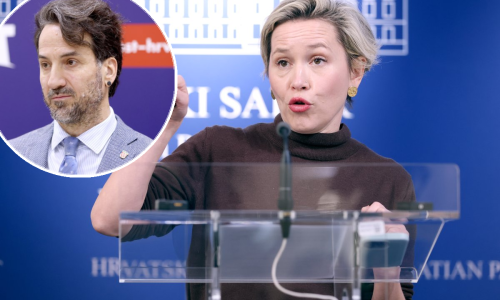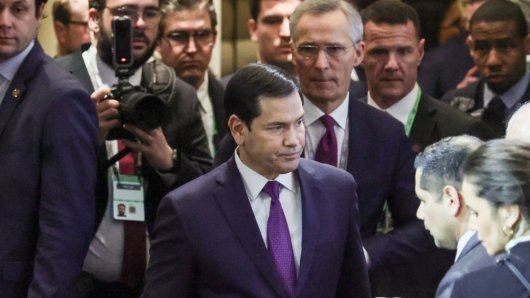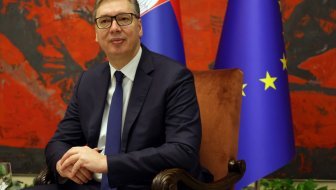Slovenian Foreign Minister Karl Erjavec said in Brussels on Monday that resolving the Ljubljanska Bank issue was a prerequisite for ratifying Croatia's Treaty of Accession with EU in the Slovenian Parliament, while Croatian Foreign Minister Vesna Pusic said the two issues must be separated.
Unless the Ljubljanska Bank issue is resolved, it is possible for the Slovenian Parliament to refuse to ratify Croatia's EU accession treaty. We want Croatia to enter the EU as soon as possible and we want to ratify the accession treaty, but resolving the Ljubljanska Bank issue is a prerequisite for that, in accordance with obligations Croatia had assumed before closing negotiations on policy chapter no.4 - Free Movement of Capital, Erjavec told the press before the meeting of EU foreign ministers in Brussels.
Erjavec claims that before closing negotiations on policy chapter Free Movement of Capital, Croatia had assumed the obligation to have the issue of Croatian clients of the old Ljubljanska Bank be resolved as part of the succession to the former Yugoslavia.
This problems occurred following the break-up of the former Yugoslavia. Without it, the problem would have never existed which is why this is a typical succession issue, Erjavec said, expressing confidence the two countries would resolve this issue with dialogue.
Croatian Minister Pusic said Croatia had launched an initiative "which Slovenia has accepted, to separate the Ljubljanska Bank issue from our European partnership."
Croatia and Slovenia appointed experts who are expected to propose a rational and viable solution to the two governments and I deeply believe that long-term European partnership is in the interest of both Croatia and Slovenia, which is why the Ljubljanska Bank issue needs to be separated from the ratification process, Pusic said.
The two minister could meet later today in Brussels to address this issue.
Pusic is in Brussels to attend meetings of the European Union's Foreign Affairs Council and General Affairs Council, where she will try to find out whether the Peljesac Bridge construction project can apply for funding from EU structural funds. She is scheduled to hold talks with European Regional Policy Commissioner Johannes Hahn.



